Oncology Cancer Recovery
As an oncology surgeon, Dr. Amin Alam is dedicated to providing comprehensive care for patients navigating the complexities of cancer. His approach combines innovative surgical techniques with a deep commitment to patient support and well-being.
Understanding that a cancer diagnosis can be overwhelming, Dr. Amin Alam aims to offer not just expert surgical solutions, but also compassionate guidance throughout the recovery journey. Together with his patients, he creates personalized treatment plans that address unique needs and strive for the best possible outcomes. With a focus on health and healing, Dr. Amin is dedicated to guiding patients through every aspect of their recovery process.
Hope through Collaborative Healing
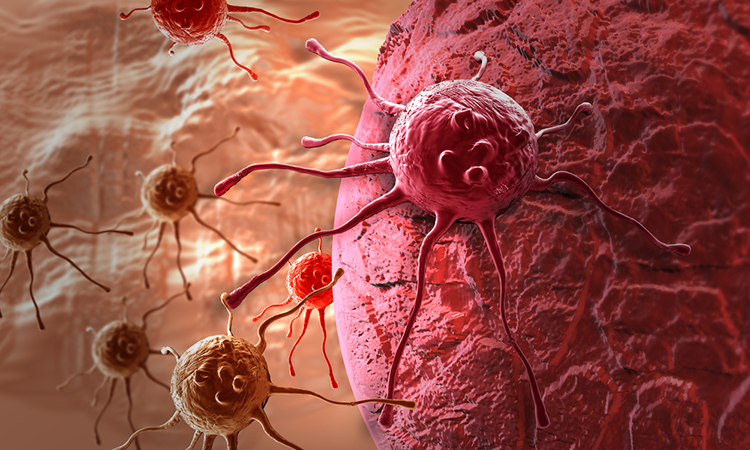
What is Oncology?
Oncology is focused on diagnosing and treating cancer through various modalities, including surgery, chemotherapy, and radiation therapy.
As an oncology surgeon, Dr. Amin Alam specializes in performing surgical interventions to remove tumors while also understanding the complexities of each patient’s cancer to provide comprehensive, personalized care.
Key Cancer Types Treated by Dr. Amin Alam

Oral Cancer
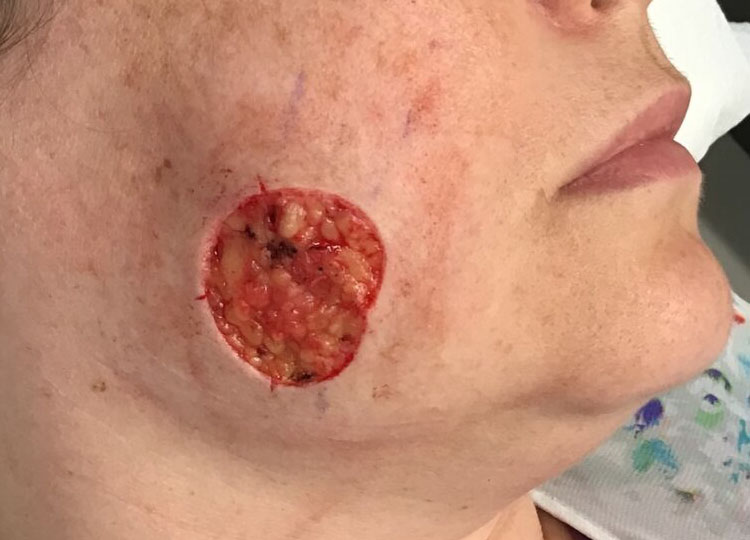
Face Cancer

Skin Cancer
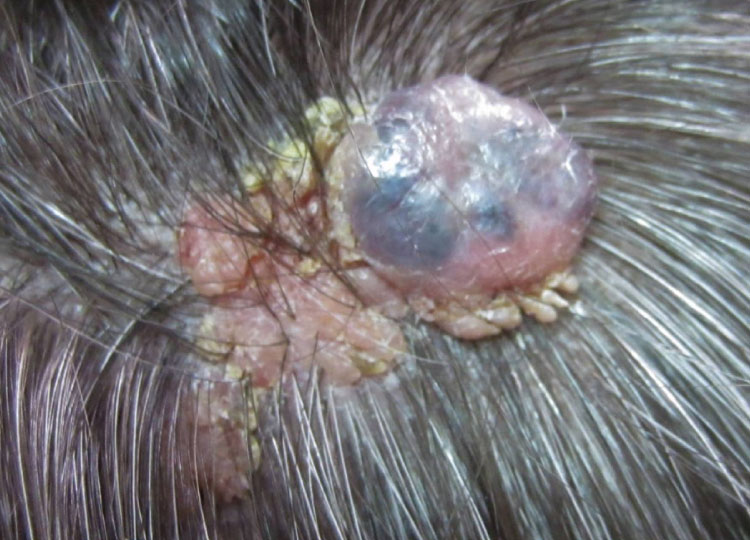
Scalp Cancer

Breast Cancer
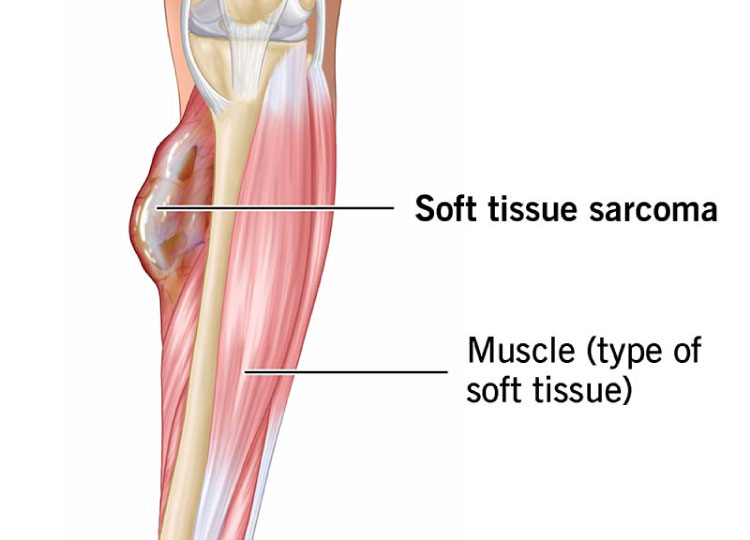
Limb Tumors
Specific Conditions of Cancer
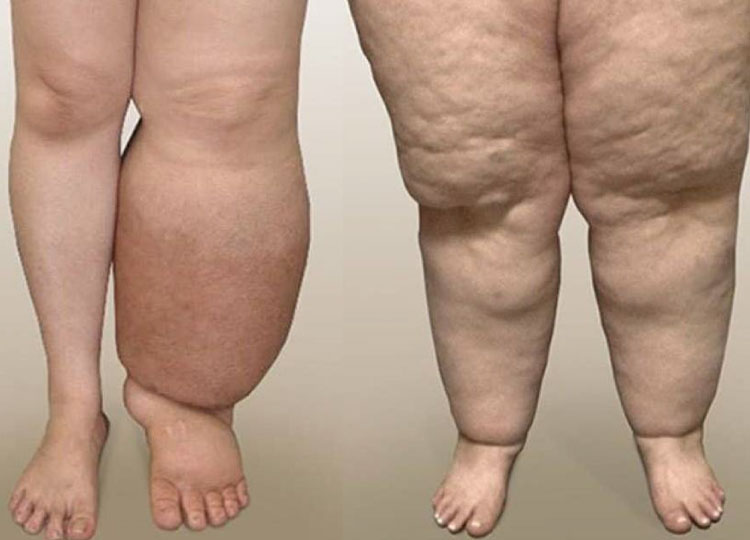
Swelling of Body Mass
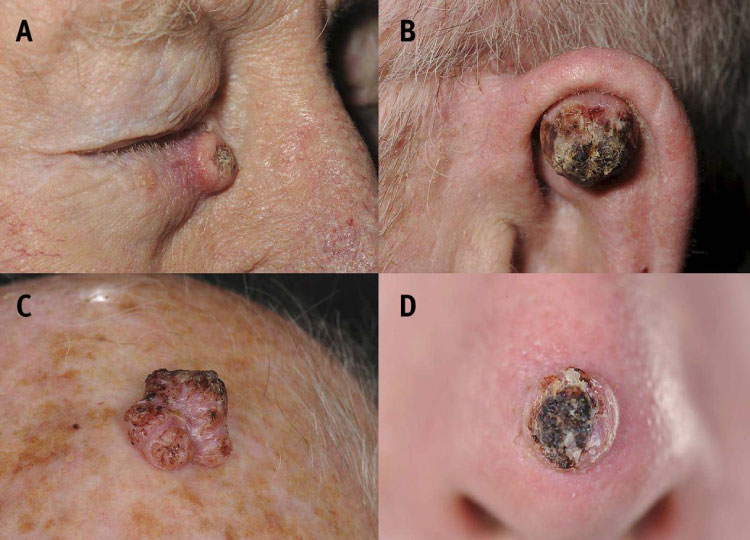
Squamous Cell Carcinoma
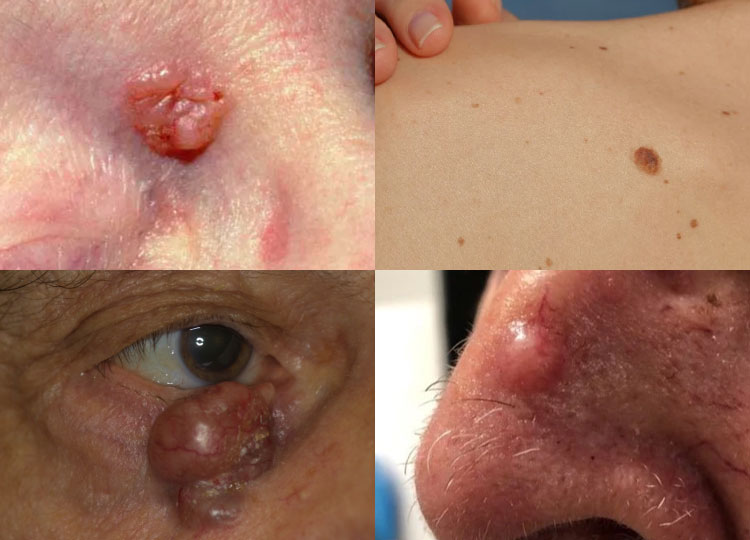
Basal Cell Carcinoma
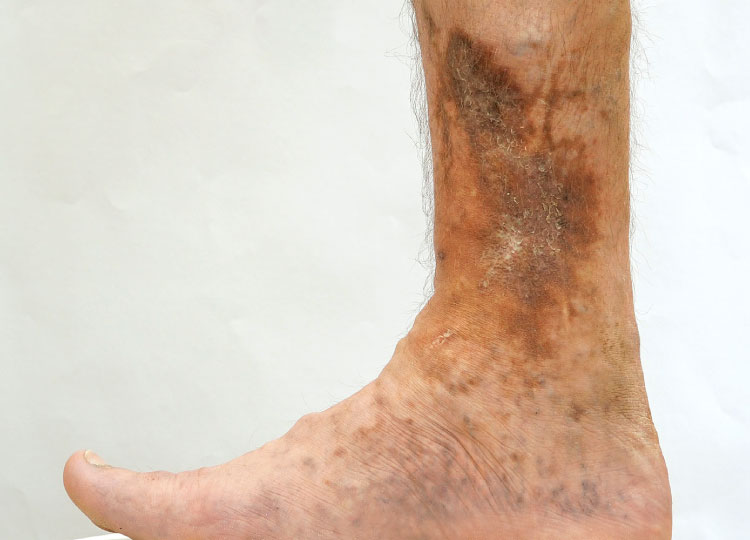
Chronic Non-Healing Leg Ulcers
With precise attention to detail, Dr. Amin Alam
emphasizes compassion and support, empowering his patients throughout their cancer journeys.
Benefits of Oncology
- Early Detection and Personalized Care: Oncology focuses on early cancer detection and develops tailored treatment plans based on individual patient needs, improving outcomes.
- Multidisciplinary Approach: Dr. Amin Alam work with a team of specialists to provide comprehensive care, addressing all aspects of a patient’s health.
- Access to Innovative Treatments: Ongoing research and clinical trials offer patients access to cutting-edge therapies, that lead to faster recovery times and reduced complications.
- Supportive Care and Quality of Life: Oncology emphasizes holistic care, including psychological support and survivorship programs, improving patients’ overall well-being during and after treatment.
Facial Oncology Reconstruction
Explore the transformative journeys of patient undergoing Facial Oncology Reconstruction. This section highlights key stages of facial reconstruction following oncological surgery, illustrating the progress from surgery to recovery.
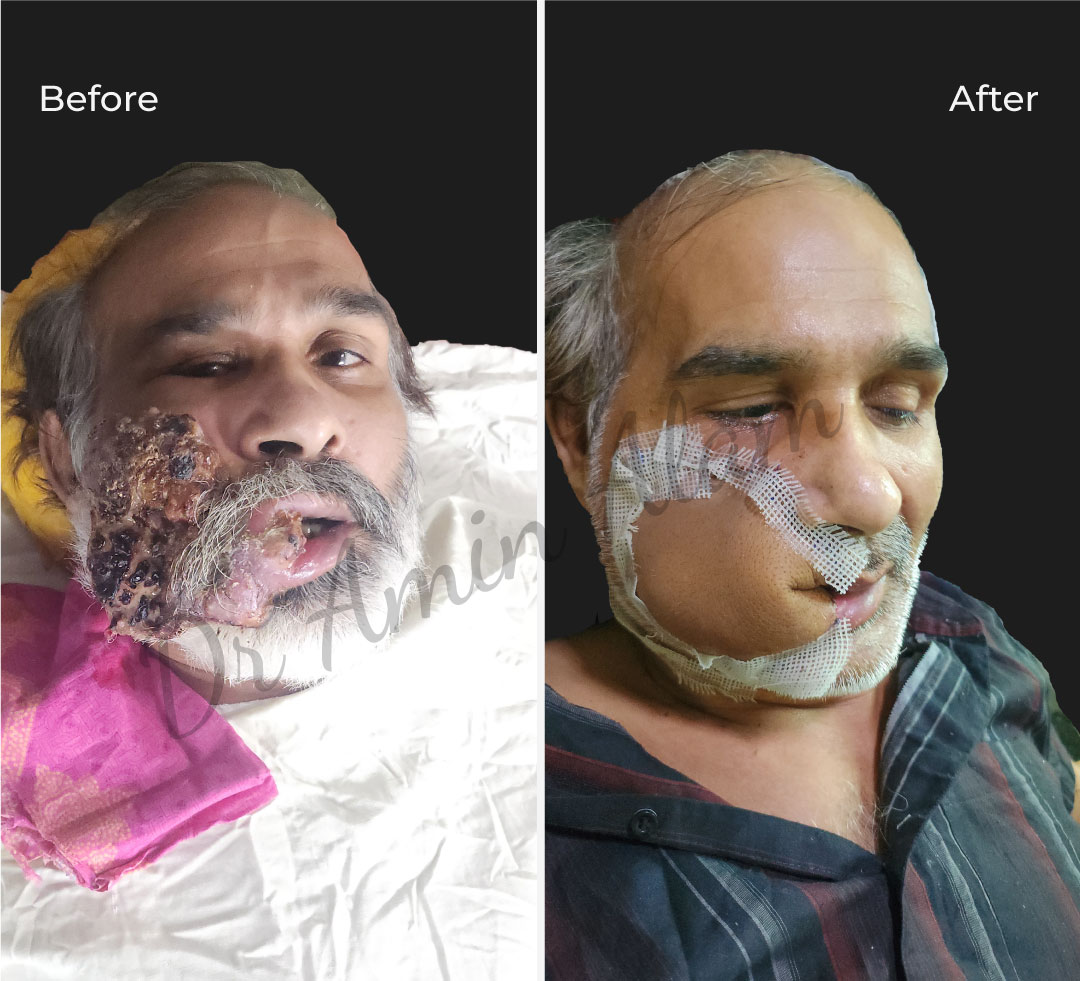
Facial Oncology Transformation
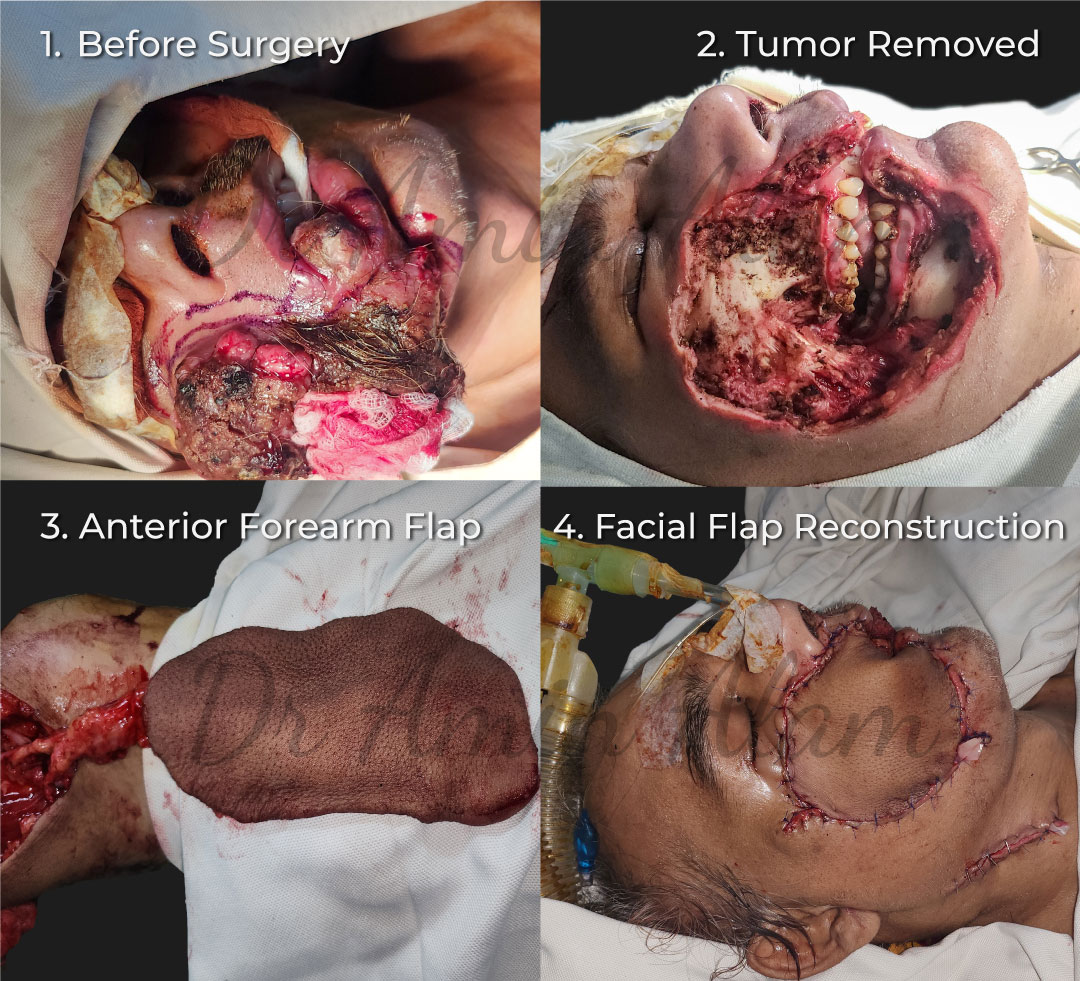
Facial Reconstruction Phases
Frequently Asked Questions
Certain factors can increase a person's risk of developing cancer. These include:
- Genetics: A family history of cancer can elevate risk due to inherited genetic mutations.
- Age: The likelihood of developing cancer generally increases with age.
- Lifestyle Choices: Factors such as smoking, excessive alcohol consumption, poor diet, and lack of physical activity can contribute to higher risk.
- Environmental Exposures: Contact with certain chemicals, radiation, and pollutants can increase cancer risk.
- Infections: Some viruses and bacteria are linked to specific types of cancer, such as human papillomavirus (HPV) and hepatitis B or C.
Dr. Amin Alam emphasizes the importance of discussing personal risk factors with a healthcare provider to develop tailored prevention and screening strategies.
The stage is determined through diagnostic tests and imaging studies, which help assess the size of the tumor, whether it has spread to lymph nodes, and if it has metastasized to other organs.
Treatment options may include
- Surgery,
- Chemotherapy,
- Radiation therapy,
- Targeted therapy,
- Immunotherapy,
and Hormone therapy, often used in combination.
Diagnosis typically involves
- Imaging tests (like X-rays or MRIs),
- Biopsies, and
- Blood tests
to confirm the presence and type of cancer.
During the first appointment, the oncologist will review your
- Medical history,
- Discuss symptoms,
- Perform examinations, and
- May order tests for diagnosis.
Patients are advised to discuss any concerns with their oncologist,
- Maintain a healthy diet,
- Manage stress, and
- Follow pre-treatment instructions provided by the medical team.
Clinical trials test new treatments and therapies. Patients can ask the oncologist about available trials that may be appropriate for their condition.
- Fatigue,
- Nausea,
- Hair loss,
- Changes in appetite, and
- Increased risk of infection.
Supporting a loved one with cancer can be incredibly meaningful. Here are some ways to help:
- Listen and Be Present: Offer a listening ear and let them express their feelings.
- Help with Daily Tasks: Assist with chores, meals, or transportation to ease their stress.
- Encourage Positive Activities: Engage in enjoyable activities together to lift their spirits.
- Check-In Regularly: Simple messages or calls can provide emotional comfort.
Dr. Amin Alam emphasizes that your support can be a vital source of strength, helping your loved one feel less isolated during this challenging journey.
To lower your risk, maintain a
- Healthy diet,
- Exercise regularly,
- Avoid tobacco, and alcohol consumption,
- Protect your skin from UV radiation, and
- Stay informed about vaccinations for virus-related cancers.
Regular check-ups with your doctor are also essential.
